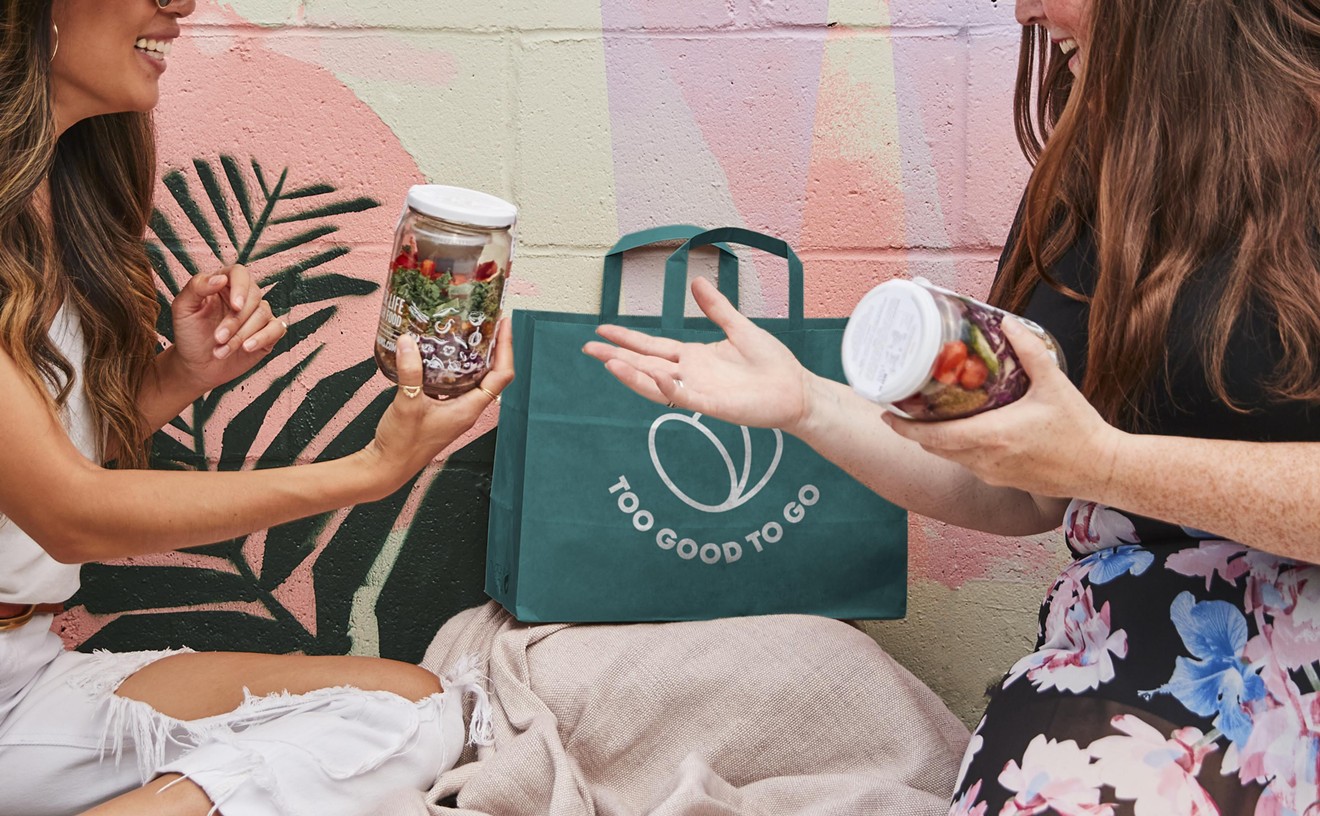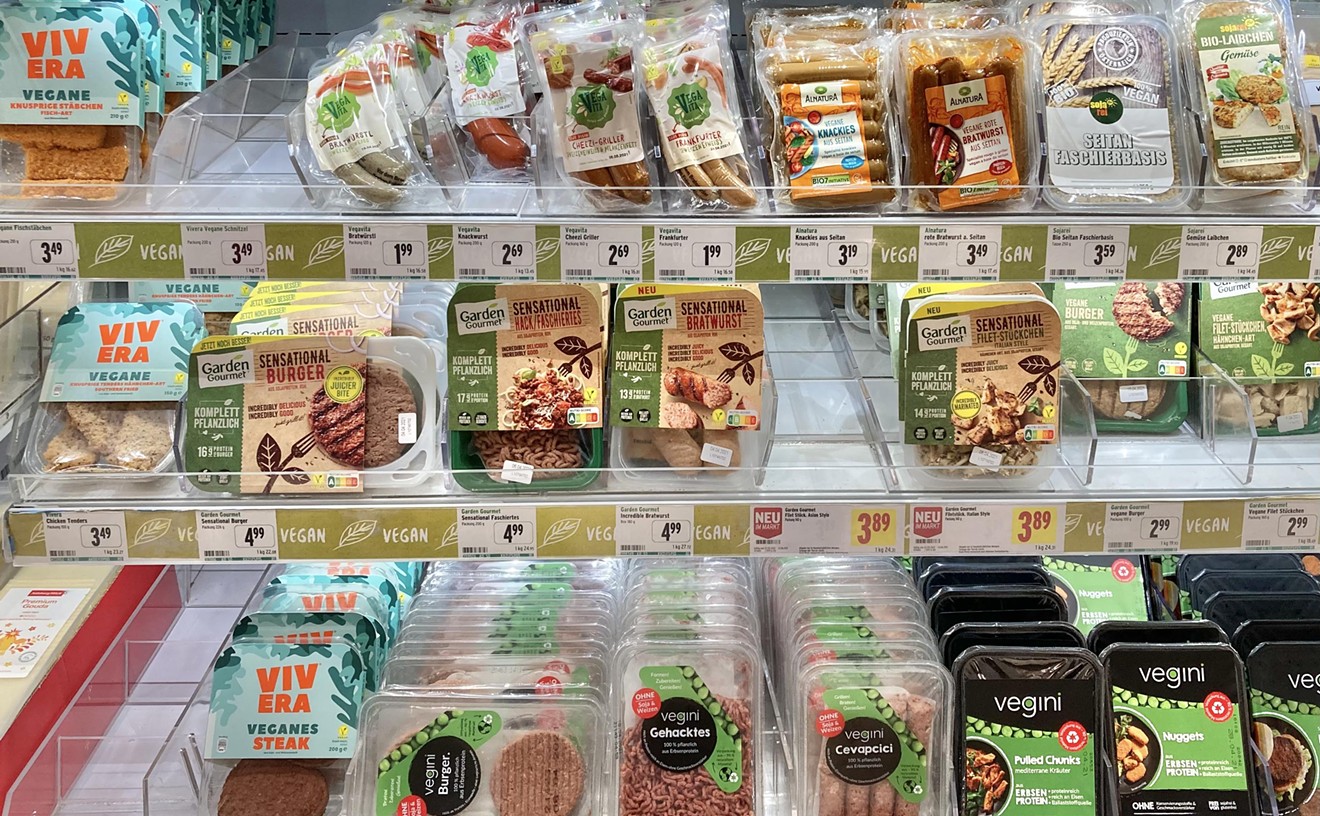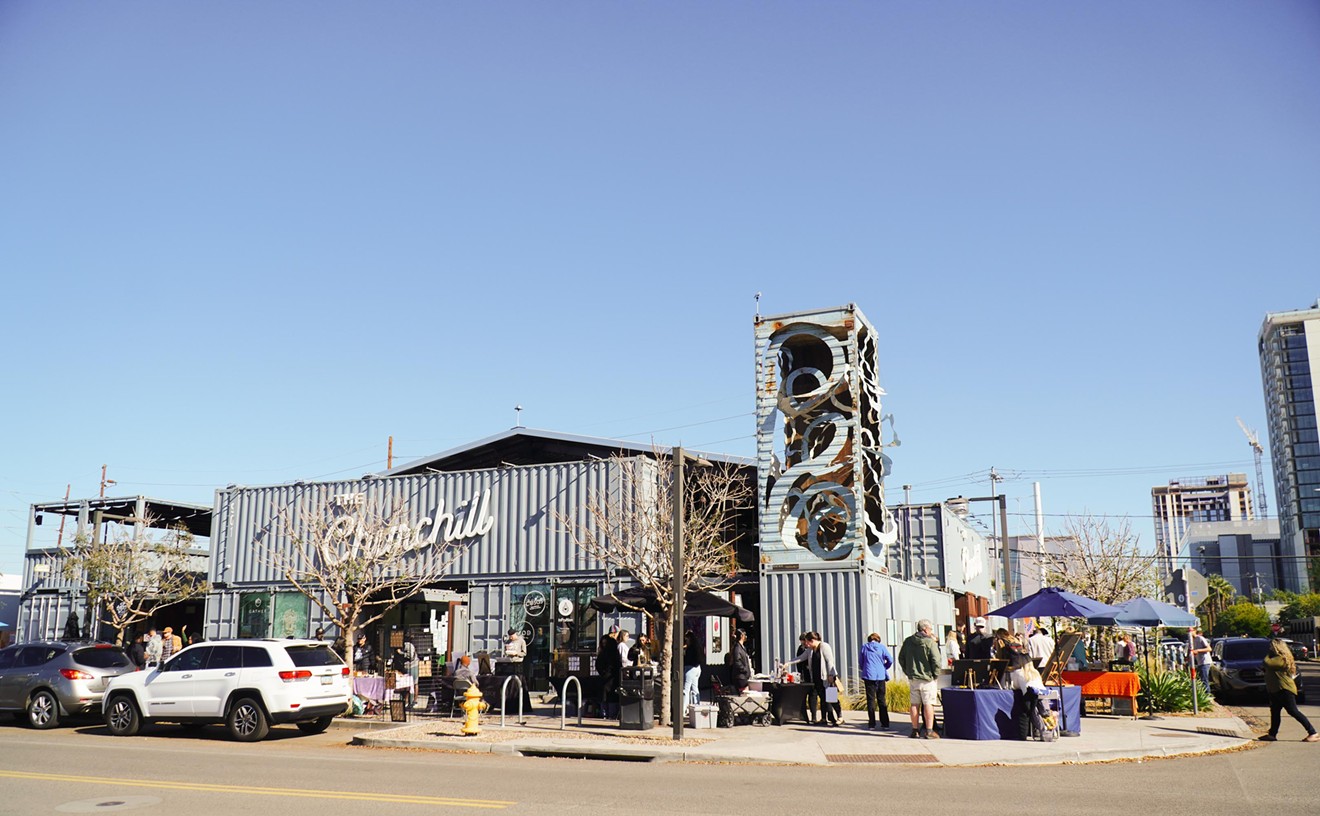For one thing, I was not having my feet bashed by a kid with a mop. What is it with that? I can be sitting in an otherwise empty fast-food restaurant anywhere in American suburbia in the middle of the afternoon and "mop boy" decides that, not only does the floor need mopping right at this moment, but the specific area of floor radiating from my current position is the one most in need of sanitization. I don't consider myself to be a snob -- I would hardly be sitting in the place at all were this the case -- but it is my firmly held belief that cleaning and dining were never intended to be synchronous activities, no matter how sterile the food may taste.
Occasionally, I might even be required to hold my burger in the air while he soaks my table with the slop left behind by 20 or 30 other diners, now united as one in his eternally cleansing dishcloth.
One other thing that struck me as I finished eating and stretched out in my chair was the simple fact that I was sitting on a real chair. In fact, everybody around me was sitting on chairs. Chairs that could be moved any desired distance from the table with which they were associated. Each chair was an independent piece of furniture lacking any physical connection to anything else in the restaurant.
I know this doesn't sound like much of a luxury, but when you've grown up with those plastic-and-metal combination table/chair units, eating a hamburger in a movable wooden chair is a surprisingly gratifying experience. It has always puzzled me why the designers of these units feel it unnecessary to provide them with any forward or backward movement (clear evidence of their belief that most American fast-food patrons have more or less the same girth).
Instead, we are provided with that much-needed, side-to-side swivel motion and, rather thoughtfully, a center return spring just in case the next user has difficulty figuring out how to get it back to its original position.
Of course, it's not only the furniture that changes as the fast-food industry endeavors to placate the needs of different markets around the world. As you travel from country to country, you might be surprised at the range of specially designed menu items the industry has concocted to appeal to the local palate.
In the U.K., a country where baked beans have long been the most widely consumed side dish, Burger King restaurants recently added "Baked Bean Dippers" to their standard menu. Looking something like a fried cheese stick but instead filled with, yep, you guessed it, baked beans, the dippers come complete with a small packet of spicy ketchup for dipping, and it seems that the Brits just can't get enough of them.
McDonald's has long been known for catering to specific world markets, from its ski-through restaurants in Sweden to the innovative adaptation of its heavily beef-oriented menu in India, a country where religion prohibits the consumption of beef or pork, resulting in the "Maharajah Mac": two all-mutton patties, special sauce, lettuce, cheese, pickles and onions on a sesame-seed bun.
Other noteworthy international McDonald's creations are Japan's French fries with seaweed seasoning, Singapore's "Love Burger" (a kind of honey mustard-chicken sandwich), and possibly the most puzzling of all, "McSpaghetti," which is a combination of spaghetti in tomato sauce with chopped frankfurters. This dish seems to appeal greatly to McPatrons in the Philippines.
Before the arrival of American fast food in the last couple of decades, many European countries already had their own homegrown fast-food chains, some of which have faded into obscurity under the assault of slick marketing by the bigger chains, but many of which survive to this day. It's hardly surprising that Britain's largest "pre-invasion" chain has all but disappeared today. When faced with competing macho-sounding burger names like the Big Mac and the Whopper, who in their right mind would opt instead for a quarter-pound feast that calls itself "The Wimpy Burger"?
And when France's Quick chain decided to try expanding into English-speaking markets in the early '80s, its translators must have spent many agonizing days and nights poring over their French/English dictionaries before finally hitting upon the fantastically descriptive moniker "THE BIG." Their creative juices were still gushing when the Quick chain later added a newer version of "THE BIG" which included two strips of crispy bacon. This became "THE BIG BACON." Quick certainly lived up to its name as far as its exit from this market was concerned, but the chain is still going strong in France and Belgium. Today, it's using a new slogan that would be considered ridiculously illogical in any nation, let alone the three-hour-lunch capital of the world: "It's delicious because it's Quick."
Like it or not, American fast food has overtaken the Hollywood movie as America's cultural ambassador to the planet. You can hardly take a photograph of any major world capital these days without an all-too-familiar fast-food logo lurking somewhere in the background.
In many countries, this creates ill feeling toward America's fast-food franchising pioneers. But the blame should really land squarely at the feet of one man, the real pioneer of portable food, John Montagu, the fourth Earl of Sandwich (whose name is that of a pretty English town which now boasts both a McDonald's and a Burger King).










